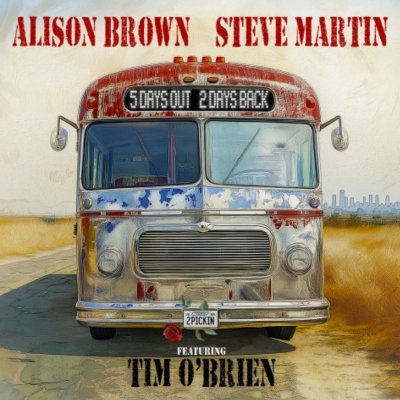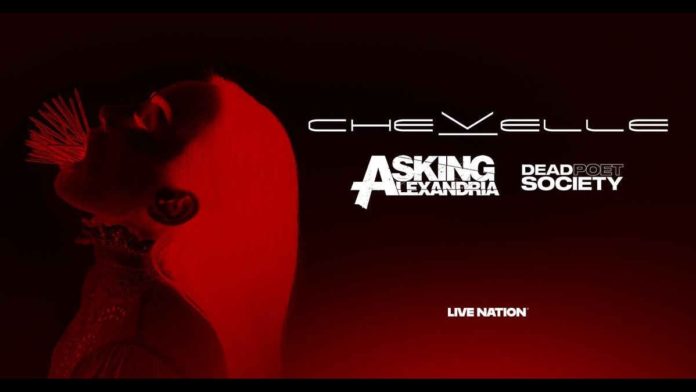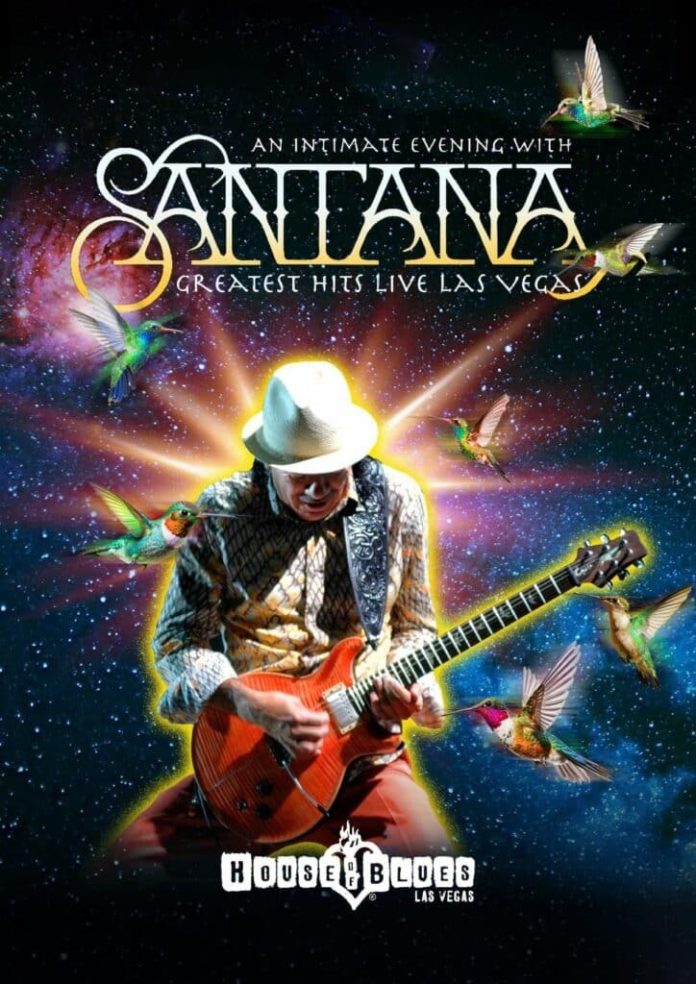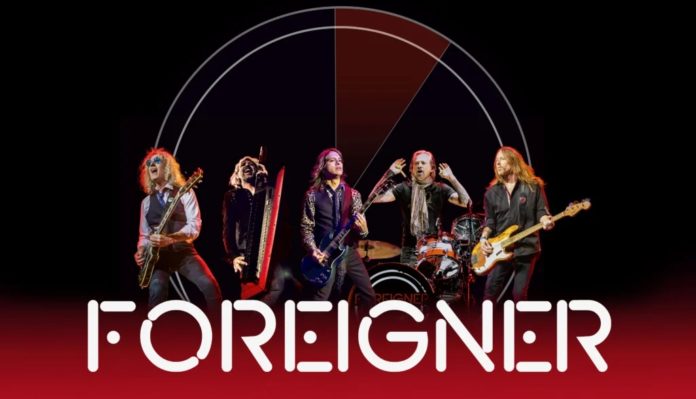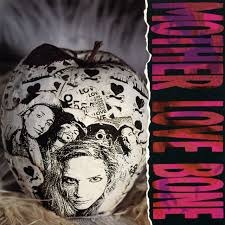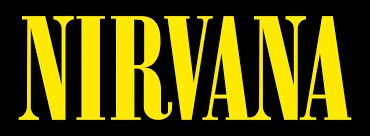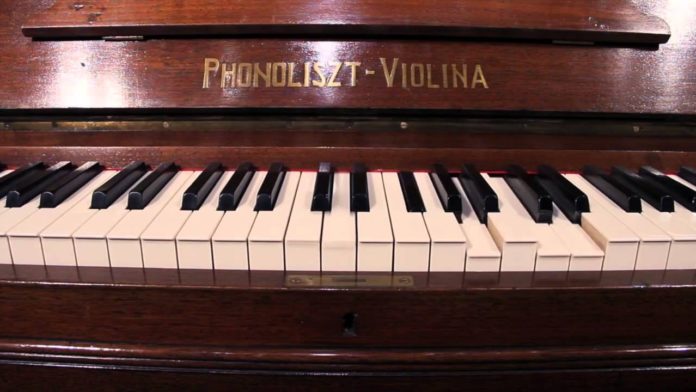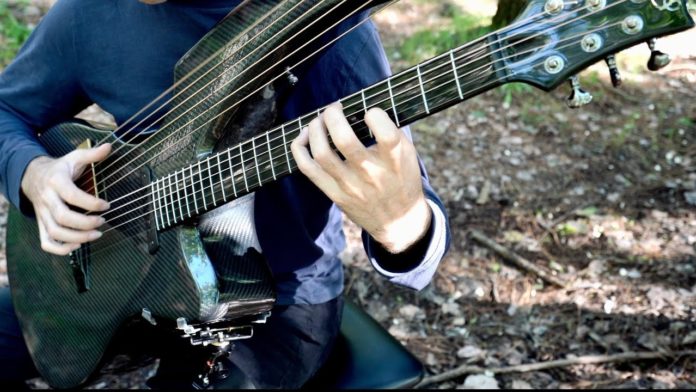They say catching lightning in a bottle is rare. So what do you call it when an artist does it again—with a whole different band? Some musicians are so talented, so versatile, or just so damn stubborn, they refuse to be defined by just one project. These are the artists who’ve pulled double (or triple, or quadruple!) duty across iconic bands and collaborations—and made every one count.
Here are 30 of the greatest musical shape-shifters who found real success in multiple groups. From alt-rock icons to synthpop legends, these artists prove that some people are just built to do more.
1. Dave Grohl (Nirvana, Foo Fighters, Them Crooked Vultures)
He went from grunge’s fiercest drummer to one of rock’s last true frontmen. And just when we thought he was done, he gave us Queens of the Stone—wait, Them Crooked Vultures.
2. Josh Freese (The Vandals, A Perfect Circle, Nine Inch Nails, Foo Fighters)
Drummer to the stars—and the most adaptable guy in the game. If your favorite band needed a tour savior, there’s a good chance Josh got the call.
3. Joe Walsh (The James Gang, Eagles, Ringo Starr’s All-Starr Band)
He made classic rock radio twice as fun—first with “Funk #49,” then with “Life in the Fast Lane.” Also: he might be the funniest guy ever inducted into the Rock Hall.
4. Steve Winwood (Spencer Davis Group, Traffic, Blind Faith)
Teen prodigy, psychedelic explorer, and soulful solo star—Winwood is the guy behind multiple ’60s revolutions, with that unmistakable voice leading the way.
5. Chris Cornell (Soundgarden, Audioslave, Temple of the Dog)
A vocal powerhouse who brought gravitas to grunge, then built a bridge to post-grunge with Audioslave’s heavy grooves and melodic grit.
6. Paul McCartney (The Beatles, Wings, The Fireman)
If being in the most influential band ever wasn’t enough, he created some of the ’70s’ most hummable tunes with Wings—and still hasn’t stopped collaborating across genres.
7. Adrian Belew (King Crimson, Talking Heads, The Bears, Nine Inch Nails)
The guitar chameleon who added color to prog, punk-funk, and industrial alike. If you hear elephants screaming in your headphones, thank Belew.
8. Mike Patton (Faith No More, Mr. Bungle, Fantômas, Tomahawk)
One voice, fifty personalities. Patton’s range is so wide, he might be in your jazz, metal, avant-garde, or soundtrack playlists without you realizing it.
9. Johnny Marr (The Smiths, Modest Mouse, The Cribs, Electronic)
Britain’s jangliest guitarist lent his brilliance to every band that needed a shot of shimmering melancholy or razor-sharp pop hooks.
10. Damon Albarn (Blur, Gorillaz, The Good, The Bad & The Queen)
Britpop’s poet-turned-cartoon visionary. Albarn has never stopped expanding the sonic universe—whether behind a piano or inside a virtual band.
11. Jack White (The White Stripes, The Raconteurs, The Dead Weather)
He’s garage rock’s mad scientist—constantly inventing new supergroups with blues-soaked riffs and a splash of theatrical chaos.
12. David Crosby (The Byrds, Crosby, Stills & Nash, CPR)
The mustachioed harmony king found his voice—and three-part harmony magic—across generations, even forming bands within bands.
13. Neil Young (Buffalo Springfield, Crosby Stills Nash & Young, Crazy Horse)
Folk-rock visionary, grunge godfather, and eternal wildcard—Neil’s second band was as legendary as his first, and his third helped birth a genre.
14. Guy Pratt (Pink Floyd [post-Waters], Roxy Music, Icehouse)
He’s the bassist who filled Roger Waters’ shoes—and then some—while also bringing rhythmic cool to synthpop and art rock alike.
15. Maynard James Keenan (Tool, A Perfect Circle, Puscifer)
From existential prog-metal to dreamy alt-rock to the weirdest band on your playlist, Maynard is both cryptic and consistent.
16. John Paul Jones (Led Zeppelin, Them Crooked Vultures)
The secret weapon of Zeppelin didn’t just vanish—he reemerged decades later with Grohl and Homme to remind everyone of his low-end brilliance.
17. Vince Clarke (Depeche Mode, Yazoo, Erasure)
Synthpop’s founding father left one legendary band only to start two more. Every Clarke project comes with hooks for days and beats for years.
18. Eric Clapton (The Yardbirds, Cream, Derek and the Dominos, Blind Faith)
Slowhand somehow joined every legendary British blues band and still found time to pen the most heartbreaking song ever written—Layla.
19. Peter Gabriel (Genesis, solo career)
Prog’s theatrical frontman left to become one of pop’s most humanistic innovators. His second act was just as groundbreaking—and often more emotional.
20. Kim Deal (Pixies, The Breeders)
From indie rock legend to alt-radio staple with “Cannonball,” Deal made her voice—and basslines—essential in two wildly influential bands.
21. Stephen Malkmus (Pavement, The Jicks)
He left the lo-fi kings of indie behind only to evolve into a guitar-slinging psych poet with The Jicks. Still weird. Still wonderful.
22. Jerry Garcia (Grateful Dead, Old & In The Way, Jerry Garcia Band)
Not just a jam-band god—Garcia’s bluegrass, folk, and solo projects showed a soulful side beyond the acid haze.
23. Norah Jones (solo, Puss n Boots, The Little Willies)
From jazz-pop darling to alt-country side projects, Norah’s voice and charm adapt effortlessly to every genre she steps into.
24. Les Claypool (Primus, Oysterhead, Claypool Lennon Delirium)
The weirdest bassist alive thrives on collaboration, even if you’re part Phish (Trey Anastasio) or part Beatle (Sean Lennon).
25. Tom Morello (Rage Against the Machine, Audioslave, Prophets of Rage)
That wah-wah pedal didn’t stop at Rage. Morello brought activist shredding to every lineup he touched—and even subbed in for Springsteen.
26. Dan Auerbach (The Black Keys, The Arcs)
From dirty blues-rock to dreamy psychedelia, Auerbach keeps the riffs coming in whatever band he’s fronting today.
27. Tony Levin (King Crimson, Peter Gabriel Band, Liquid Tension Experiment)
The Chapman Stick master appears wherever rhythm meets imagination. If your favorite prog artist needed a bassist, Levin was already there.
28. Alison Krauss (Union Station, Robert Plant collaborations)
Bluegrass royalty with crossover power—her duet album with Plant won five Grammys and proved harmony knows no genre.
29. Alex Lifeson (Rush, Envy of None)
He didn’t retire quietly—Lifeson brought his textured guitar genius to Envy of None, showing he’s still pushing boundaries after Rush.
30. Taylor Goldsmith (Dawes, Middle Brother)
The thinking person’s roots rocker is just as compelling in a supergroup setting, helping merge classic Americana with modern indie vibes.

